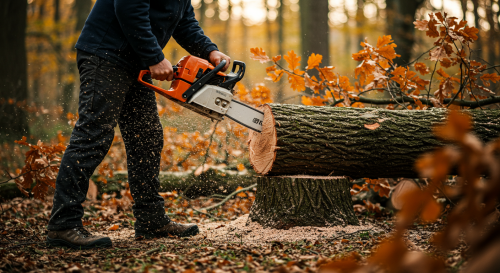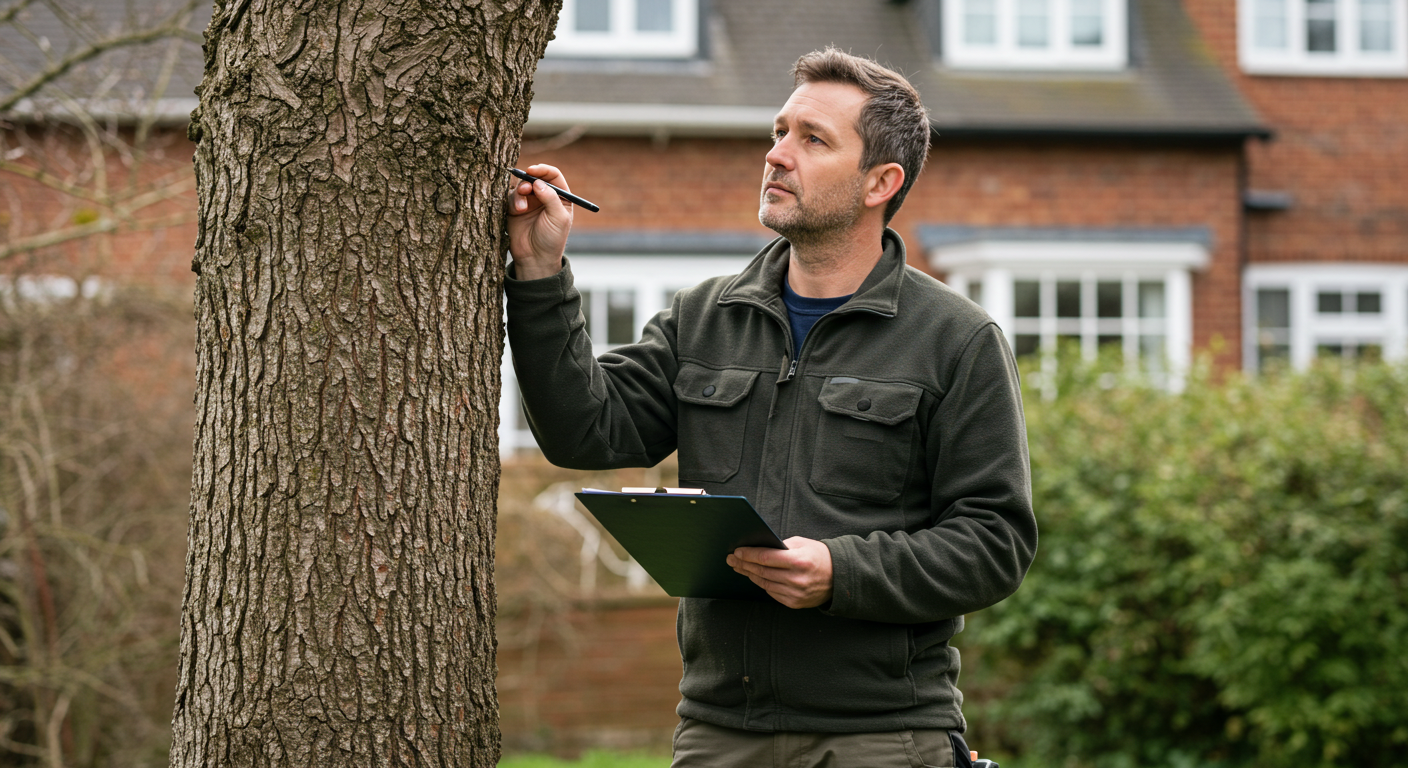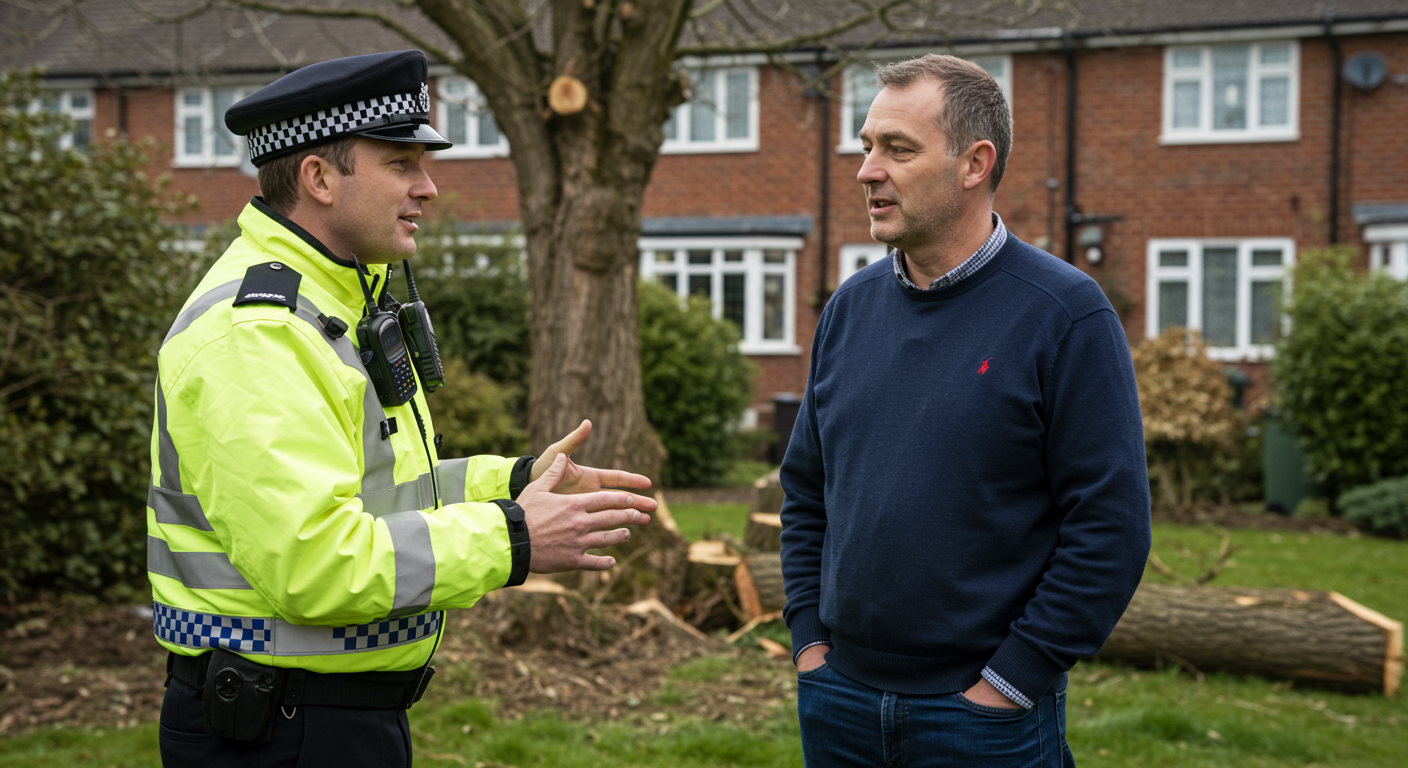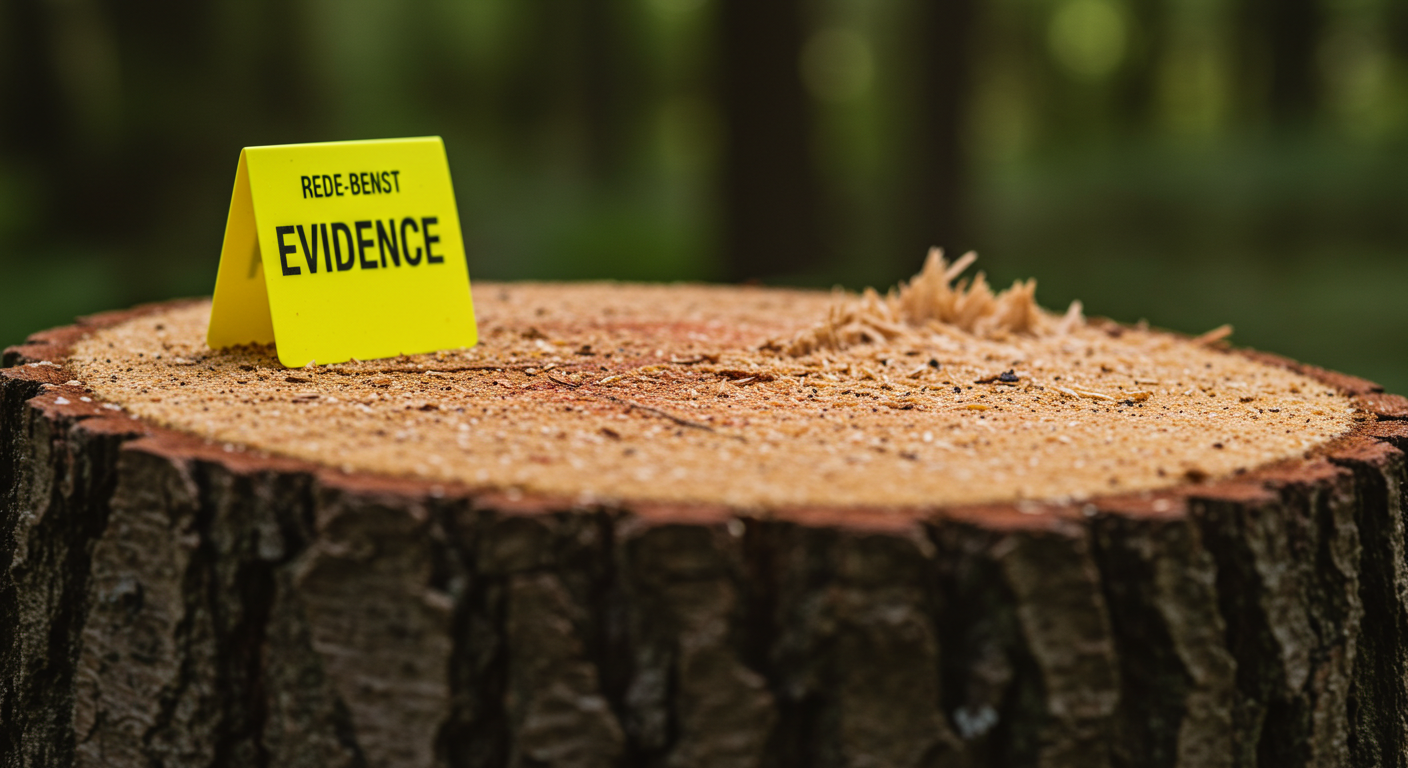Is Cutting Down a Tree a Crime in England? Understanding the Legal Framework and Consequences

Is Cutting Down a Tree a Crime in England? Understanding the Legal Framework and Consequences
Cutting down a tree in England is not straightforwardly legal or illegal; it depends on various factors governed by specific laws and regulations. This article explores the legal landscape surrounding tree felling in England, highlighting when it can be a criminal offence, the potential consequences, and the importance of understanding and complying with the law.
Legal Framework Governing Tree Felling

Tree felling in England is regulated primarily under the Town and Country Planning Act 1990 and the Forestry Act 1967. These laws are supplemented by various local regulations and conservation orders.
- Tree Preservation Orders (TPOs): Many trees are protected by TPOs under the Town and Country Planning Act. Cutting down, uprooting, topping, or lopping a tree covered by a TPO without permission is illegal.
- Conservation Areas: Trees in conservation areas are also protected. You must give the local planning authority six weeks’ notice before carrying out any work on trees in these areas.
- Forestry Act Licences: Under the Forestry Act, a felling licence from the Forestry Commission is required to cut down most trees. There are exceptions for smaller trees and certain amounts of timber.
When is Cutting Down a Tree Illegal?
- Without Required Permissions or Licences: Felling a tree without a necessary TPO permission or a Forestry Act licence is illegal.
- Contravening Conservation Rules: Undertaking tree work in a conservation area without prior notification and approval can lead to legal action.
- Breach of Wildlife Protection Laws: If the act of cutting down a tree harms protected wildlife or their habitats, it can be an offence under wildlife protection laws.
Consequences of Illegal Tree Felling

- Legal Action and Fines: Illegal tree felling can result in prosecution. Fines can be significant, especially if the tree is subject to a TPO or located in a conservation area.
- Replacement Orders: Courts can issue tree replacement orders, requiring the offender to plant a new tree in place of the one that was illegally removed.
- Criminal Record: In serious cases, illegal tree felling can lead to a criminal record.
- Environmental and Community Impact: Beyond legal consequences, illegal tree felling can have significant environmental impacts and can be detrimental to local communities.
The Importance of Compliance and Seeking Advice
- Check Local Regulations: Always check with your local council for TPOs or conservation area restrictions before felling a tree.
- Seek Professional Advice: Arboriculturalists or legal experts can provide advice on whether a tree can be legally felled.
- Obtain Necessary Permissions: Apply for a felling licence or TPO permission where required.
Conclusion: Is Cutting Down a Tree a Crime in England?

Cutting down a tree in England can be a complex legal matter, subject to specific regulations and local rules. It is essential to understand these legal requirements to avoid the serious consequences of illegal felling.
Whether you are a homeowner, landowner, or developer, ensuring compliance with tree protection laws is crucial. Seeking professional advice before undertaking any tree work is advisable to navigate this intricate legal landscape effectively and responsibly.
Notice: Informational Content Disclaimer
The content provided on this website, including articles, blog posts, and other informational materials, is intended for general informational purposes only. It is not intended as, and should not be considered, legal advice.
Visitors to this website should be aware that the information presented here is not a substitute for seeking legal advice from a qualified solicitor or legal professional. Each individual's legal situation is unique, and the information provided may not be applicable to specific circumstances.
If you require legal advice or have specific legal questions, we encourage you to contact us directly. Our experienced team of solicitors is here to assist you with your legal needs and provide tailored advice to address your concerns.
Please be advised that any communication through this website, including the use of contact forms or email, does not create a solicitor-client relationship. Confidential or time-sensitive information should not be sent through this website. To establish a solicitor-client relationship and discuss your legal matters in detail, please contact us for a consultation.
We strive to provide accurate and up-to-date information, but we make no representations or warranties regarding the accuracy, completeness, or suitability of the information contained on this website. We shall not be liable for any reliance placed on the information provided herein.
Thank you for visiting our website. We look forward to the opportunity to assist you with your legal needs.




